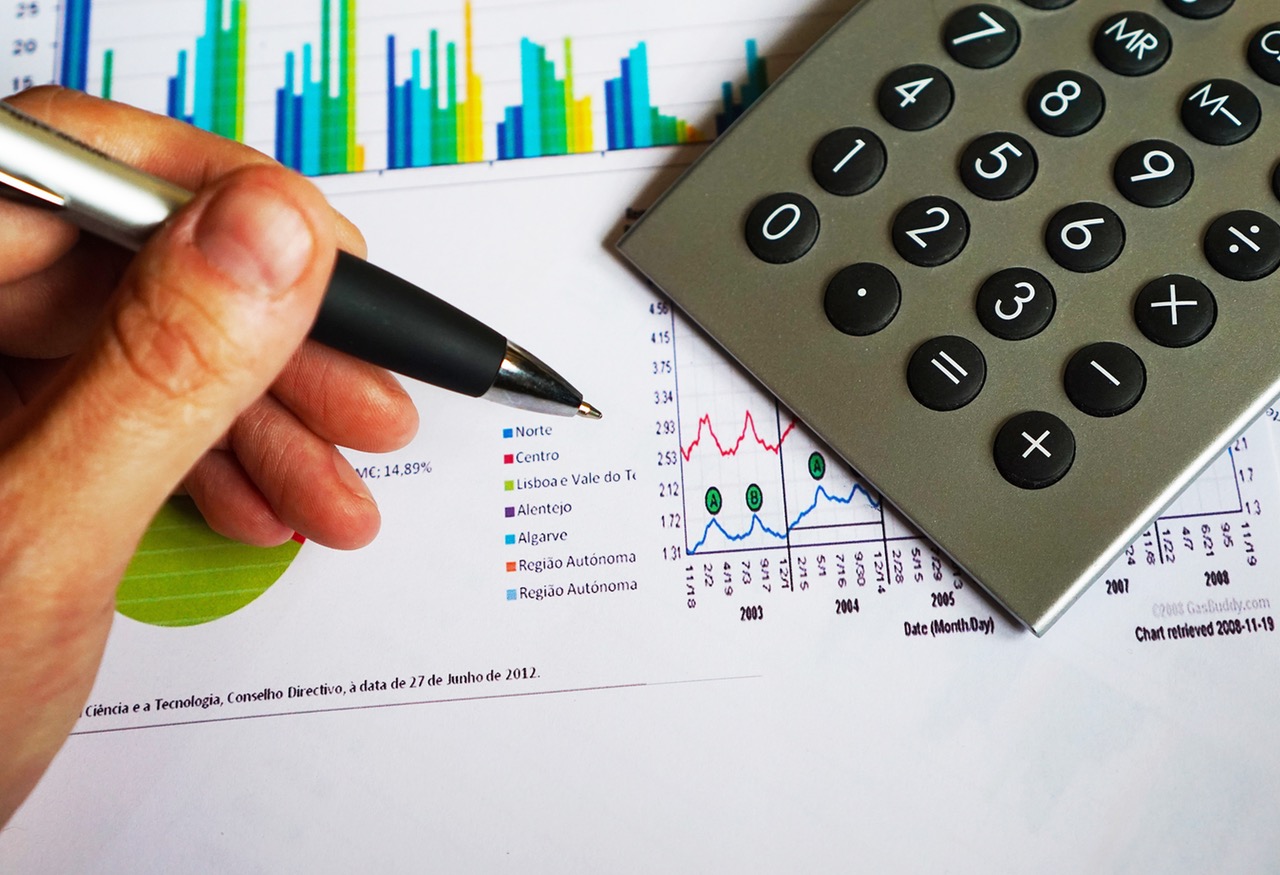If you want to save more money, you need to find inventive ways of paying less for what you want. It’s not about sacrificing quality; it’s about taking a proactive approach to your financial affairs.
Budgeting is one component of money management, but there are many other ways to stretch your dollars further to ensure that you get maximum traction from your hard-earned money.
Remember, most of us are on fixed incomes from week to week, or month to month. It’s difficult to inject more liquidity into our budget based on current job prospects, revenue streams etc.
If we tackle the problem of rising expenses from the expense side – not the income side – there are many viable solutions to this dilemma. Here are 4 quick tips on paying less for more.
-
Always shop around for the best insurance
Believe it or not, you don’t need to accept the first insurance quote that you receive. Insurance companies are like retailers – their services will range dramatically from one provider to the next. In much the same way, costs and coverage options will vary. When you are in the market for life insurance, automobile insurance, home insurance etc., it’s important to jot down exactly what you need (coverage, plans, inclusions) and to go comparative shopping for different policies.
For example, you may be in the market for auto insurance for your new, or existing vehicle. One insurance company actually makes it possible to determine how often you drive, when you drive, and how cautious you are. Your insurance premium will be tailored according to your driving behaviour. An example of this is the Snapshot Program currently running by Progressive Insurance. It is a diagnostic tool that evaluates the number of hard brakes per hundred miles, the number of miles that you drive, and the total high-risk driving time. If you check out positively, your rates will be lowered accordingly.
-
Buy what you need not what you want
Believe it or not, most of us buy what we want, and not what we need. This is particularly true in Western society where impulse satisfaction drives the economy. If you start buying what you need, as opposed to buying what you want, you will quickly find more personal disposable income available in your account every month. You can use this to pay down your debts (credit card debt, personal loan, business loan, mortgage, auto loan, student debt) and start building up a savings nest egg.
-
Always budget for your needs
A budget is a blueprint for your financial well-being. It indicates that you are fiscally responsible, and provided you stick to it, you will reap the rewards of sound monetary management. Budget allocations are carefully mapped out to ensure that every conceivable component of your daily, weekly, and monthly existence is catered for.
Your budget should be represented in a pie chart format, with allocations towards living expenses, food, entertainment, transport, unexpected expenses, retirement planning, education, debt repayment, etc. Once you allocate funds towards each of these categories, you will see where you can save money, and divert resources to areas that need it. A budget is the best way to help you pay less for more of what you enjoy.
-
Consider going green to save on utility bills
The initial outlay for things like solar energy, wind energy, water energy, etc. may be high, but the long-term benefits outweigh the costs.
For many of us, the prospect of using solar panels to power our homes is an exciting one, but the initial investment can be daunting. This begs the question, ‘Are solar panels a good investment? Fortunately, it is now possible to lease solar panels at a lower cost than the current electricity price. Besides, the carbon footprint of solar is far less than electricity, and you will ultimately enjoy significant cost savings. However, if installing solar panels is currently not an option for you, you can always switch to a green energy provider. The critical thing to remember here is to first ensure you compare the prices of the various green electricity suppliers in your area so that you get the best utility rates. This way, you will not only be saving on your electricity bills, you’ll know that you will also be massively reducing your impact on global warming.
You may want to conduct a long-term cost/benefit analysis using solar energy to save on your electricity bills every month. It is possible to lease solar panels at a lower cost than the current price of electricity. Besides, the carbon footprint of solar is far less than electricity, and you will ultimately enjoy significant cost savings.

